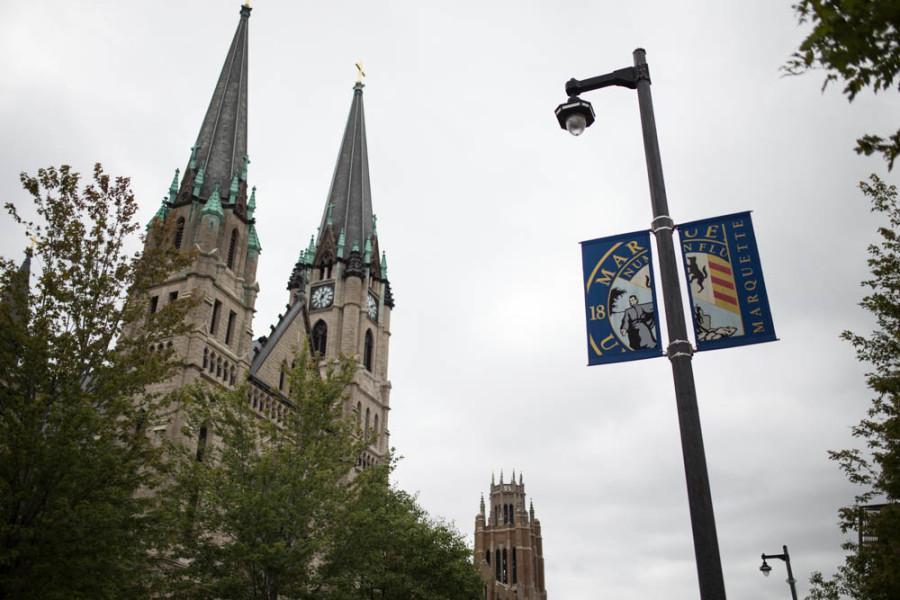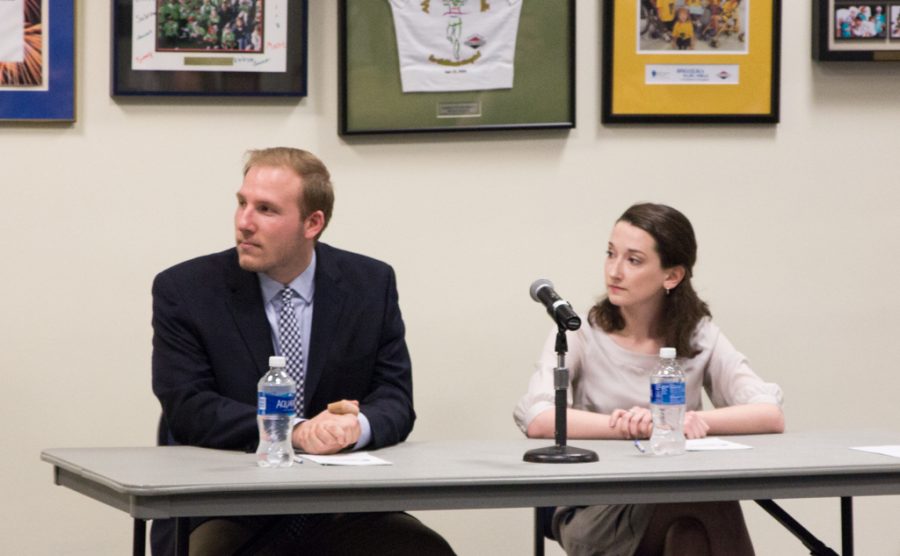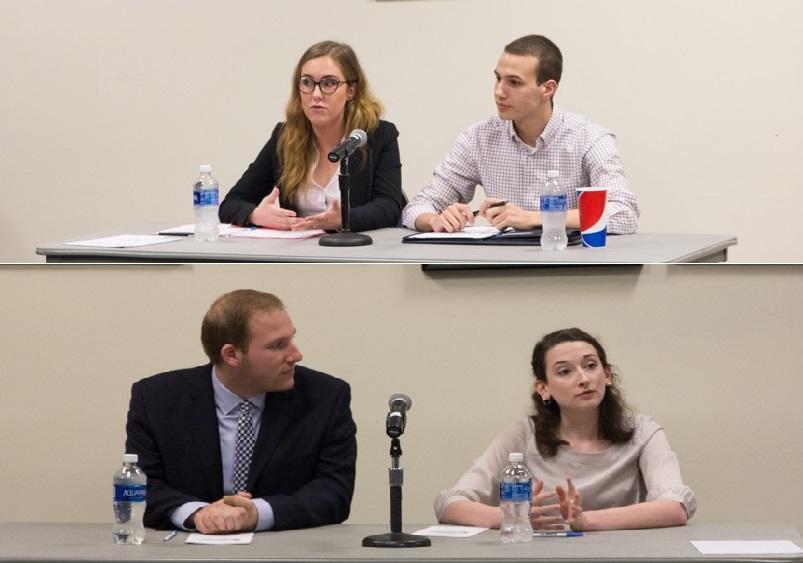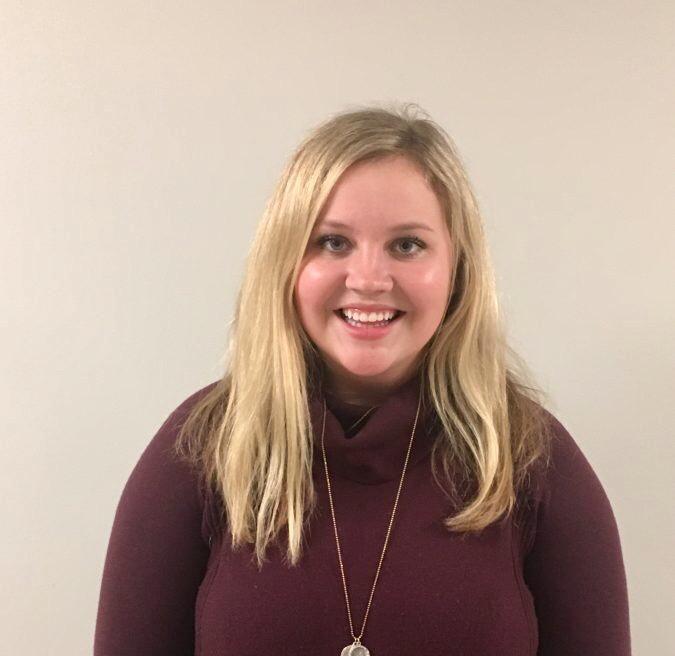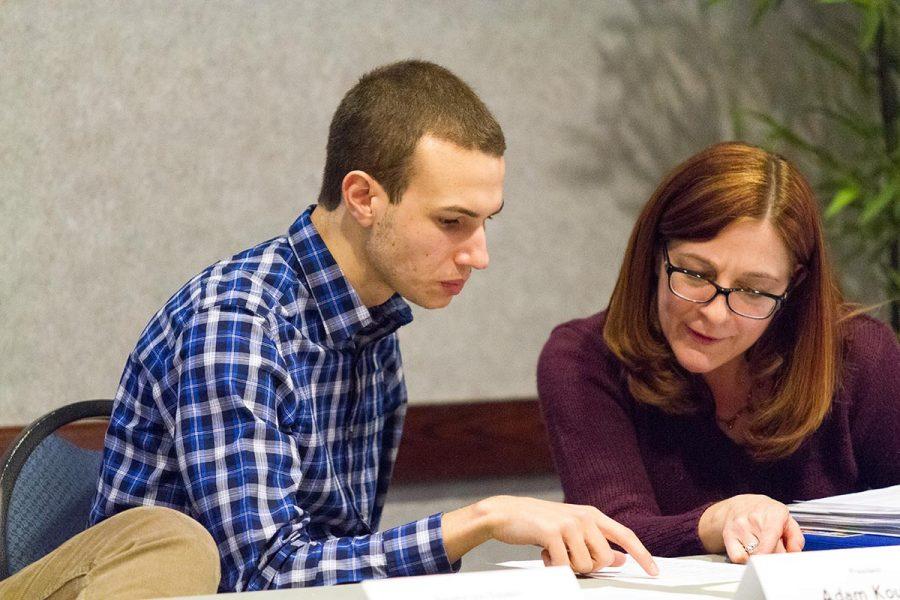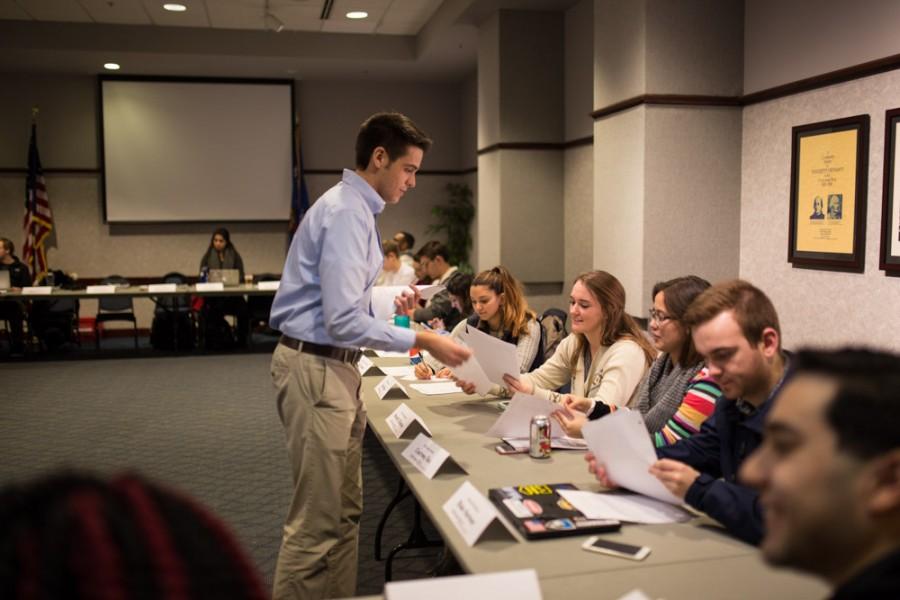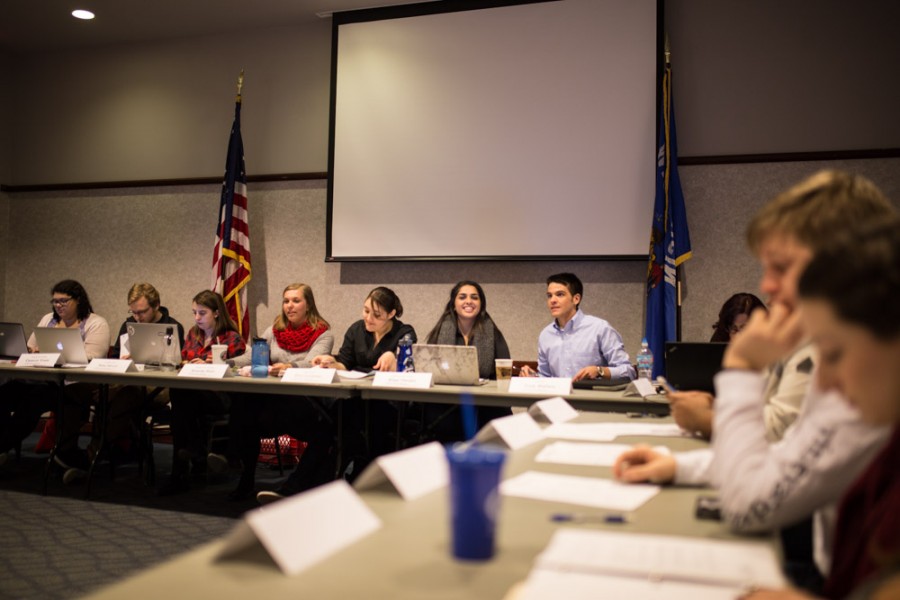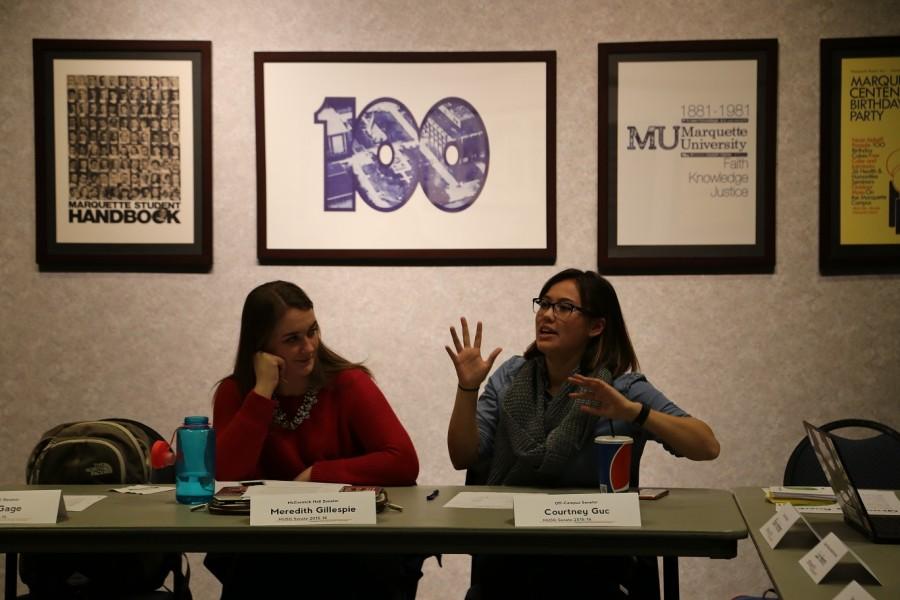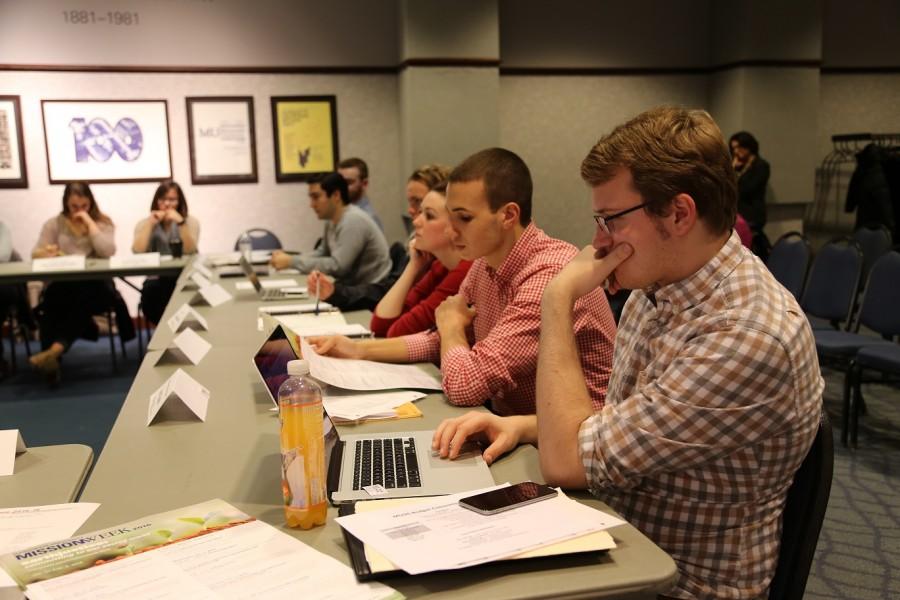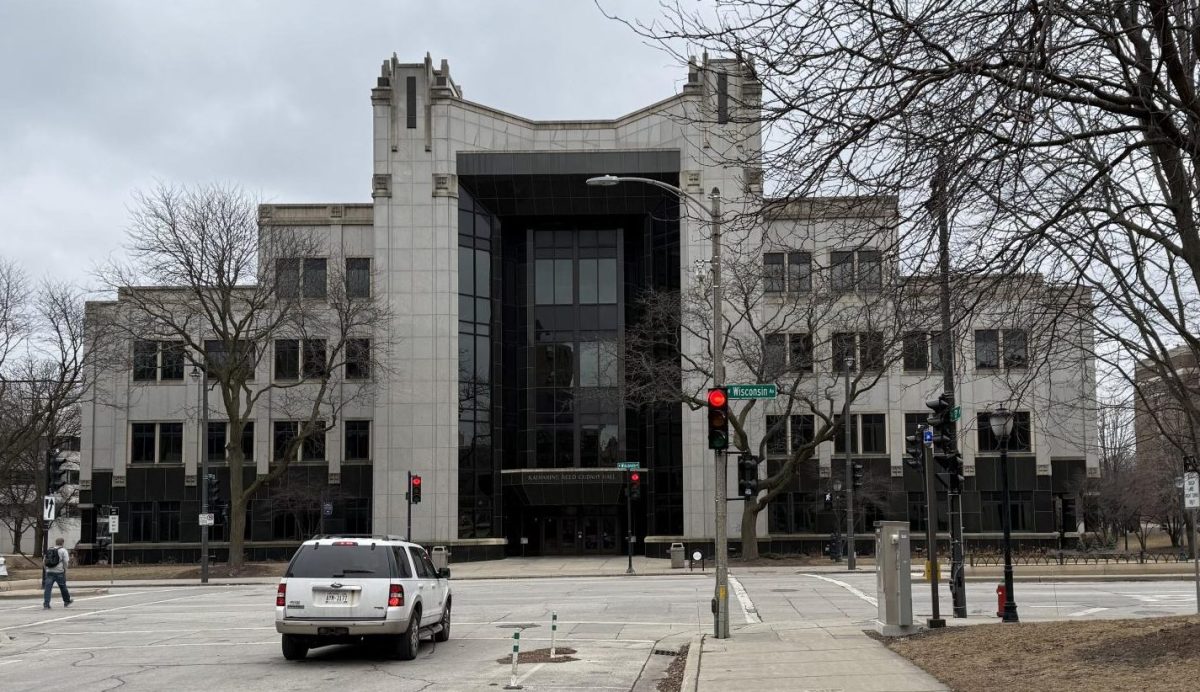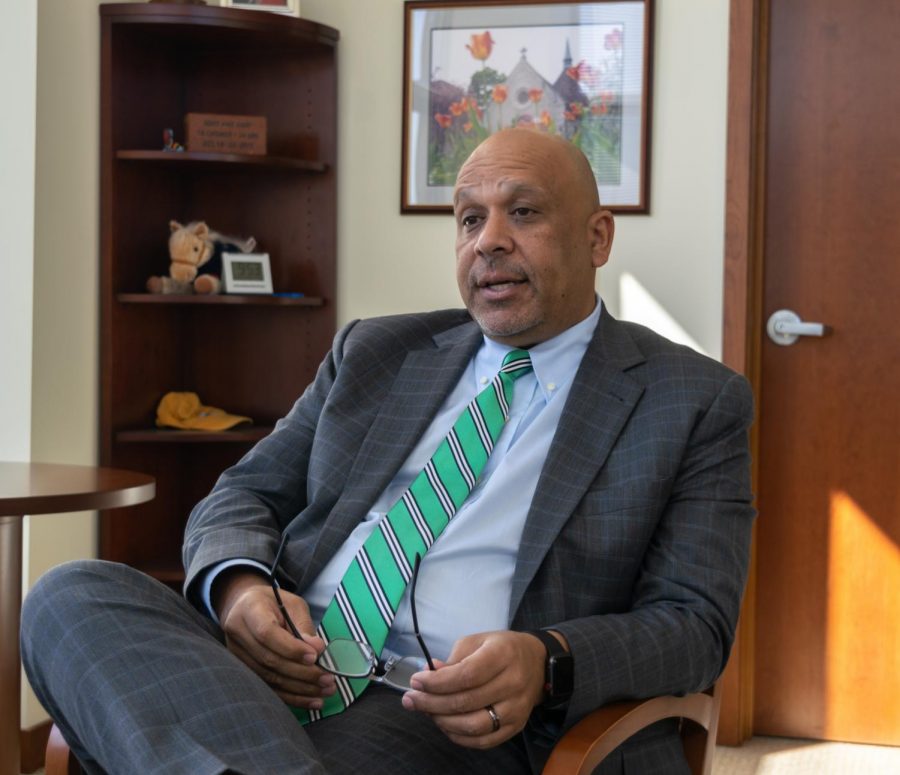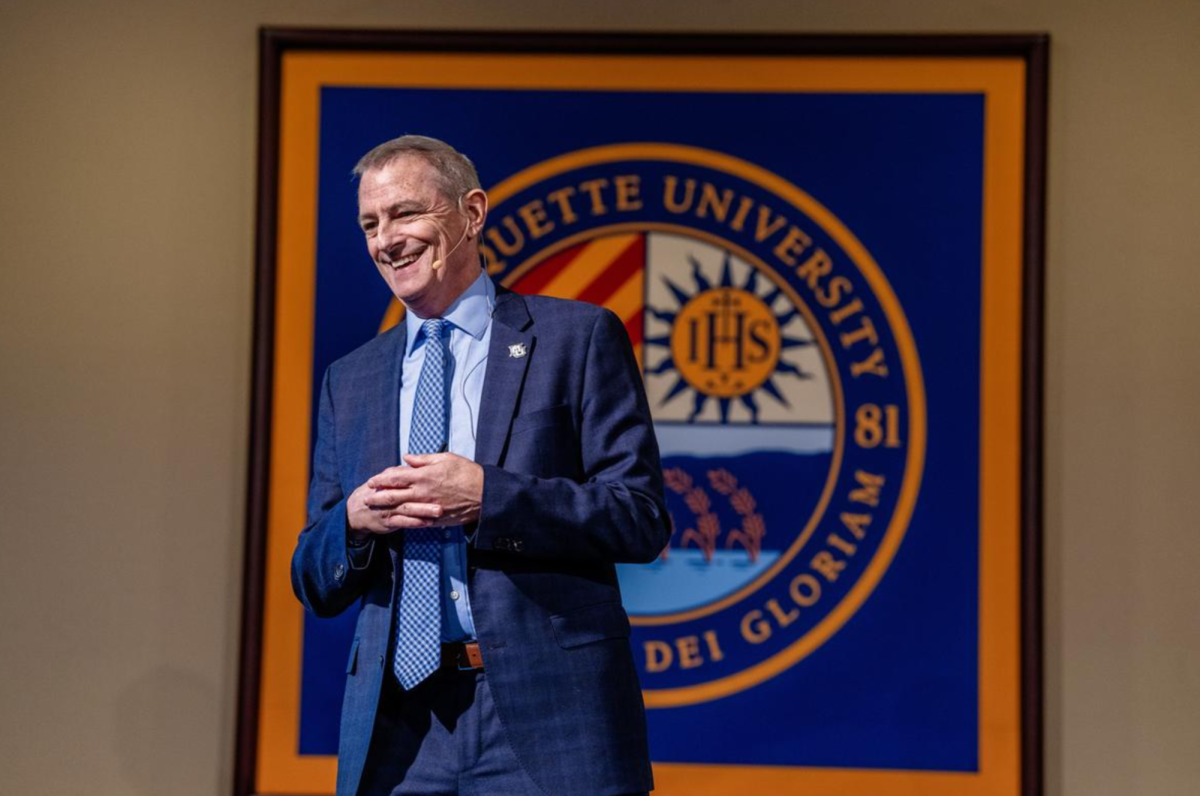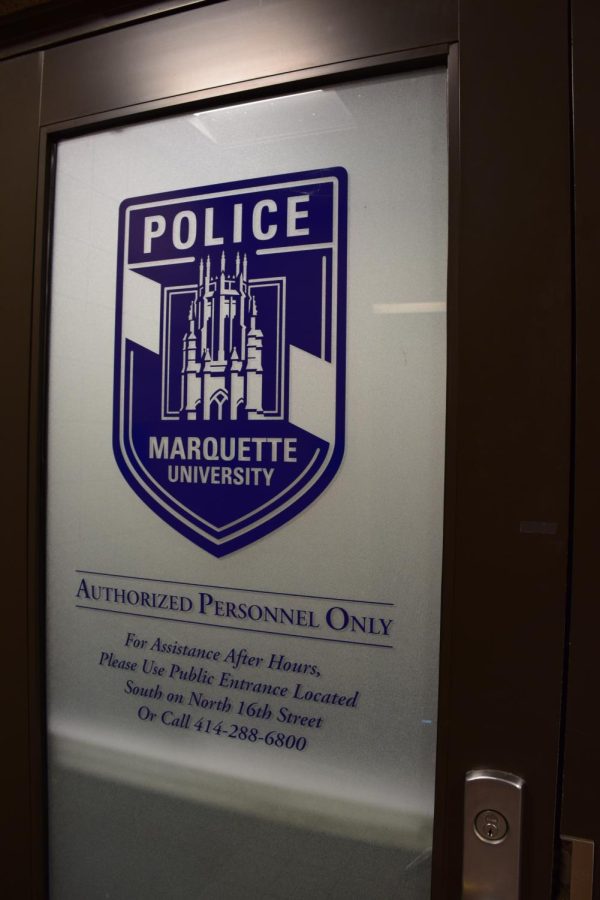Marquette Student Government cut funding for non-club sports by $2,460 in bulk funding due to organizations not reimbursing their budgeted funds.
MUSG’s 2016 fiscal year budget for non-club sports was $72,460. As of now about $37,679 has not been reimbursed. Club sports are still reimbursing but Financial Vice President Cameron Vrana said he does not expect to hit $72,460 for this fiscal year.
Reimbursements have been lower than usual this year. Eighty percent of non-club sports claimed its allocated amount last fiscal year, while only 48 percent reimbursed this fiscal year.
Former MUSG Executive Vice President Aliya Manjee said she thinks the reimbursement rate is lower than usual because of the new Student Organization Funding process implemented at the beginning of the academic year. Now there is a longer wait period between applying and receiving funds.
“Non-club sports were used to having five periods spread out throughout the school year and not having to plan out events four to six months in advance,” Manjee said. “We know that things change over the summertime, new officers are elected and sometimes events just don’t work out.”
However, Manjee said she thinks the new process will have a positive impact on organizations because it gives incentive to plan in advance.
Both Manjee and Vrana said spot funding has a higher reimbursement rate.
Vrana said MUSG will address the low reimbursements by changing budget lines to reflect where money is needed. Increasing club sport versus non-club sport funding is also a consideration.
“We don’t want to put money where we can’t spend it and we have other lines that need the money more,” Vrana said.
When student organizations do not reimburse, the money returns to the MUSG reserve fund, which is a savings fund of roughly $133,000.
“That is something we really don’t want to do because then we’re not using student’s money to benefit them,” Vrana said.
Once money returns to the reserve fund it becomes harder to access because MUSG must write and pass legislation.
In the past, MUSG has used excess funds for capital goods and professional development activities. This year MUSG plans to use it for overages in spot funding.
Adam Kouhel, MUSG’s executive vice president, said he will collaborate and maintain communication with student organizations during his term.
“I believe that the most important job as EVP is to ensure that there is an open line of communication with student organizations,” Kouhel said. “I will make it a priority to be transparent with the process and communicate the reimbursement procedures with all student organizations.
Correction: An earlier version of this story said, “When student organizations do not reimburse their excess funds, the money returns to the MUSG reserve fund, which is a savings fund of roughly $133,000.” It now says “When student organizations do not reimburse, the money returns to the MUSG reserve fund, which is a savings fund of roughly $133,000.” The Wire regrets this error.

